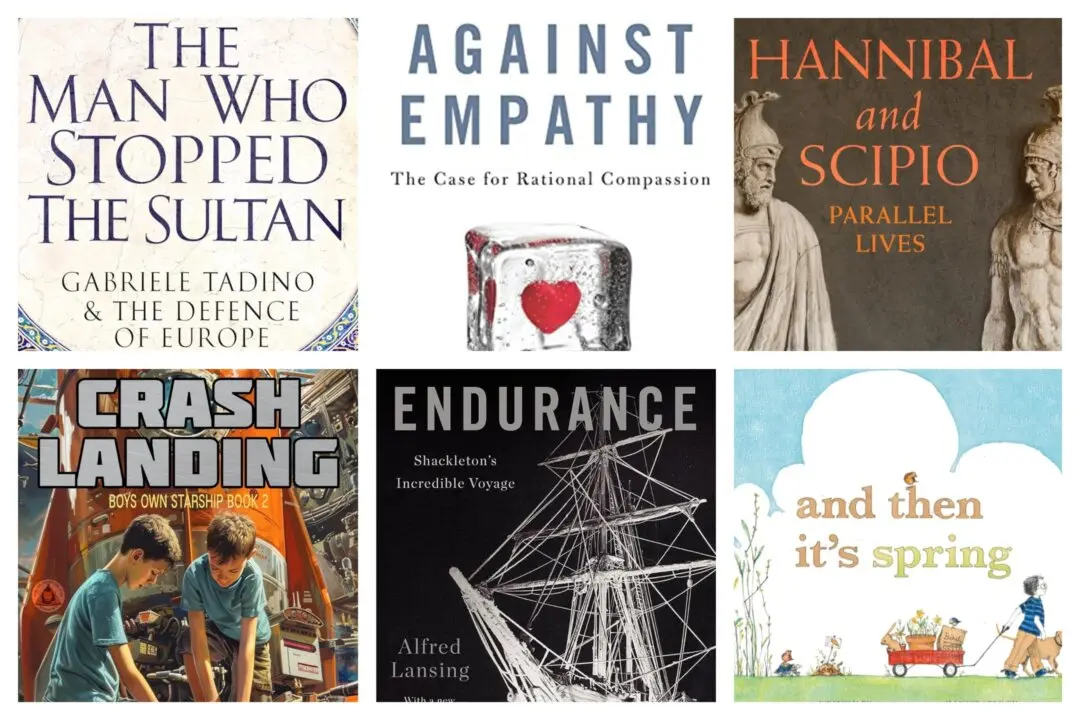Many students may remember the joys of someone reading to you when you were young. Snuggling up with Mom or Dad and Dr. Seuss on the sofa was not only a pleasure, but also a loving attempt to create in you an affection for books and the desire to read them by yourself someday.
Of course, the benefits of read-alouds don’t stop with pre-school. In “The Read-Aloud Family,” Sara Mackenzie makes the case that reading together when children grow older—this means you—builds family culture and provides a springboard for discussions between parents and kids. Maybe your family already sets aside time each week for sharing a book. If not, you might consider giving that idea a platform.






